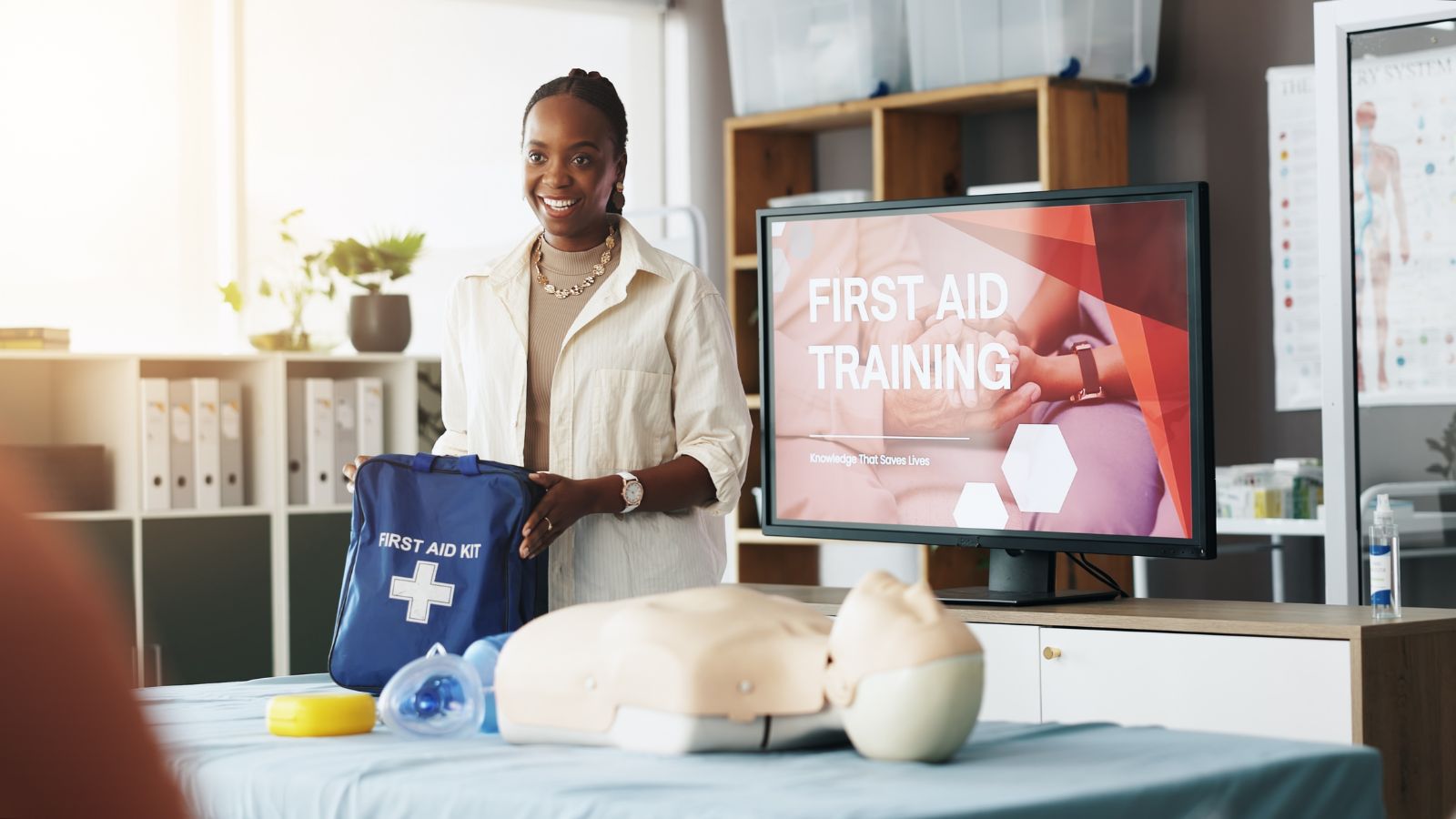First responders—our firefighters, police officers, paramedics, and EMTs—stand on the front lines of crises, ready to protect, rescue, and serve. But what often goes unseen is the crucial role community education plays in supporting first responders. From public awareness campaigns to hands-on training programs, community education empowers citizens to be safer, more resilient, and better partners to those who answer the call when emergencies strike.
How Community Education Supports First Responders
Building Public Preparedness
One of the most direct ways community education helps first responders is by equipping the public with knowledge and skills that reduce panic and improve outcomes in emergencies. CPR and first aid classes, fire safety workshops, and disaster preparedness training all ensure that ordinary people can take meaningful action before emergency services arrive.
When bystanders know how to administer CPR, stop bleeding, or evacuate safely, they lighten the load on first responders and often save lives before responders even get to the scene.
Reducing Emergency Calls Through Prevention
Educational support programs focused on crime prevention, fire safety, and substance abuse awareness help reduce the number of emergency calls in the first place. When communities are informed about locking up prescription drugs, safely using space heaters, or identifying early signs of mental health crises, they are less likely to experience preventable emergencies.
Every call that’s avoided through prevention gives first responders more time and resources to focus on the critical calls that truly need their attention.
Strengthening Trust and Communication
Trust is essential in any emergency situation. When communities understand how first responders operate, and when first responders take part in teaching that information, it fosters mutual understanding, respect, and cooperation. Community education sessions at schools, neighborhood centers, or local events allow for face-to-face conversations where questions are answered, myths are dispelled, and relationships are built.
This connection is especially important in underrepresented or historically underserved neighborhoods, where building trust can lead to faster, more cooperative emergency response and better long-term outcomes.
Promoting Mental Health Support
Community education also plays a powerful role in reducing the stigma around mental health, for both the public and for first responders themselves. Workshops, outreach programs, resource fairs, and peer-support training give families tools to recognize and respond to mental health challenges early. For first responders, education on trauma, stress, and burnout can lead to better self-care and peer accountability within departments.
A community that values mental health is one that ultimately protects the well-being of those who protect us.
Creating a Culture of Shared Responsibility
When community members are educated, engaged, and empowered, they become part of the public safety ecosystem. Whether it’s helping during a disaster, supporting victims of violence, or stepping up in a medical emergency, everyday citizens become allies rather than bystanders.
That shared responsibility builds stronger, safer neighborhoods and gives first responders the support they need to do their jobs more effectively and with greater confidence.
Education Is a Force Multiplier
Supporting first responders doesn’t always require more gear, funding, or staff. Sometimes, it starts with education. Helping the community know what to do, how to help, and why their role matters is vital. Through community education, we build a bridge between first responders and the communities they serve, fostering a sense of trust, resilience, and preparedness that makes every response stronger.
If your organization is looking to make a difference, consider investing in or hosting community education programs. It’s one of the most impactful ways to honor and empower those who dedicate their lives to keeping us safe.
First Responders Foundation
The mission of the First Responders Foundation is to serve and honor all our First Responders, Veterans and their families; build appreciation and respect for their work; and enhance public safety. For more information, visit First Responders Foundation, or contact us.


